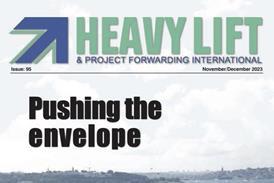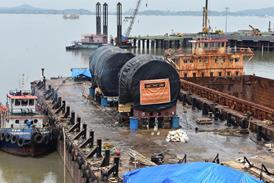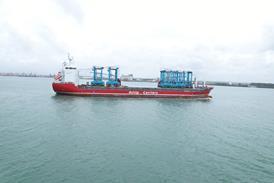Uncertainty arising from wide-ranging geopolitical, economic and trade policy risks is redefining the maritime transport landscape and shaping the sector’s outlook, says the United Nations Conference on Trade and Development (UNCTAD).

Identifying seven key trends that are shaping the shipping sector in its Review of Maritime Transport 2018, UNCTAD says inward-looking policies and rising protectionist sentiment is an immediate concern for the industry and could undermine global economic growth, restrict flows and shift trade patterns.
The report also suggests that “overly optimistic carriers” could worsen shipping market conditions by ordering excessive new capacity and upsetting the supply and demand balance. In turn, this could have repercussions on freight rates, transport costs and earnings.
Liner shipping consolidation through mergers and alliances has been on the rise over recent years in response to lower demand levels and excess capacity dominated by mega container vessels. The way this affects competition, and the potential for market power abuse by large shipping lines as well as the related impact on smaller players, remains a concern, added UNCTAD.
China’s ambitious Belt and Road Initiative (BRI) along with growing e-commerce have the potential to boost seaborne trade volumes, while the digitalisation of maritime transport will help the industry respond to the increased demand with enhanced efficiency.
Other challenges and opportunities for the maritime transport sector include the relationship between ports and container shipping lines, climate change, and the ability of the sector to leverage relevant technological advances.















